IX: Struggle
It took me a while to learn that just because my experience of something doesn’t match a commonly accepted description, that doesn’t mean that my experience isn’t real.
Namely: struggle. All the memes and conversations seemed to suggest that there was something called struggle, and living in that world meant that I should have been eating nothing but ramen noodles, starting a GoFundMe account to pay for my bills, and agonizing over poor grades.
None of that applied to me.
More personally, if that’s possible, I also think about the definition of love. It’s one of the most subjective examples I could muster, because everyone’s encounter with it and expression of it is so unique. (And that’s ignoring all of the completely different kinds of love you can have within that category.) It almost seems absurd that you can believe something with every atom of your being and have someone tell you that you’re wrong, that you don’t feel that way.
I guess it’s even more absurd when you start to believe them. But what can you do? Self- awareness doesn’t happen in a vacuum. You rely on external circumstances and commonalities to form an image of yourself.
It seems like climate change is much the same way. If it doesn’t fit a certain definition– is it real? Misunderstandings have stemmed from the confusion of “climate” and “weather”. For example, when I interviewed people downtown to ask about their associations with climate change, a lot of the answers were centered around weather patterns. More severe storms, hotter summers, rainier winters. Out of 30 people interviewed, about a third of them believed that the PNW– even Oly specifically– would become a hub of tourism and relocation, as people would move from more threatened areas to come live there.
It’s hard to imagine somewhere more vulnerable than a coastal city with motion dictated by tides.
One of the proposed solutions is a regrade. I’m a bit familiar with those: Knoxville, where I lived for several years, had undergone somewhat of a regrade about 100 years ago to allow for a viaduct to be built, leaving marginal remnants of structures-underneath-structures, still able to be explored if you knew the way in.
Seattle, too, has undergone a major regrade.
Humans armed with pickaxes, fire-hoses, shovels, and other industrial-age machinery tore through hillsides, moving raw land away in wheelbarrows, trains, and tugboats.
Neither of these regrades were instituted because of the threat of climate change, however. And downtown Olympia is already built partially on fill, helping to insulate it against a waterline that was actually higher years ago than it is today.
- source: http://www.washingtonhistory.org/
- source: http://www.washingtonhistory.org/
Adaptations were put into place so that Olympians could continue their current lifestyles. People rode bikes, visited farmers’ markets, hunted for clams and crabs, cut down and sold trees.
I like to imagine that in a past Olympia, a kid would still trade me a handful of fireworks for a cigarette, that my barista would sneak out for a break and smoke a joint by the trash cans, and that I could still interview passers-by and ask what they thought about climate change. But maybe not. It’s hard to imagine a world that you’ve never lived in– and it’s also help other people imagine that the world they understand now is rapidly changing.
- Most popular words and phrases when asked “What’s the first thing that comes to mind when I say ‘climate change’?”
- Most popular words and phrases that occurred when I asked, “If punk rock was a religion, what would be one of its major principles?”
Even if we can’t all agree on what the best single solution to climate change is, maybe we could all agree that it should be based on community, empathy, acceptance, and action.
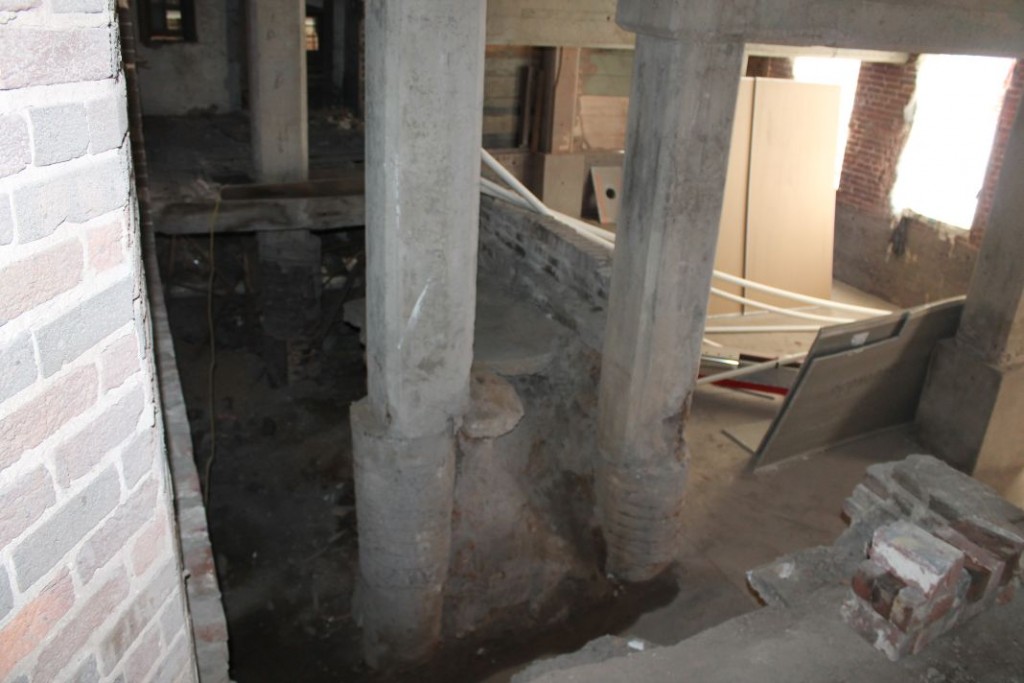
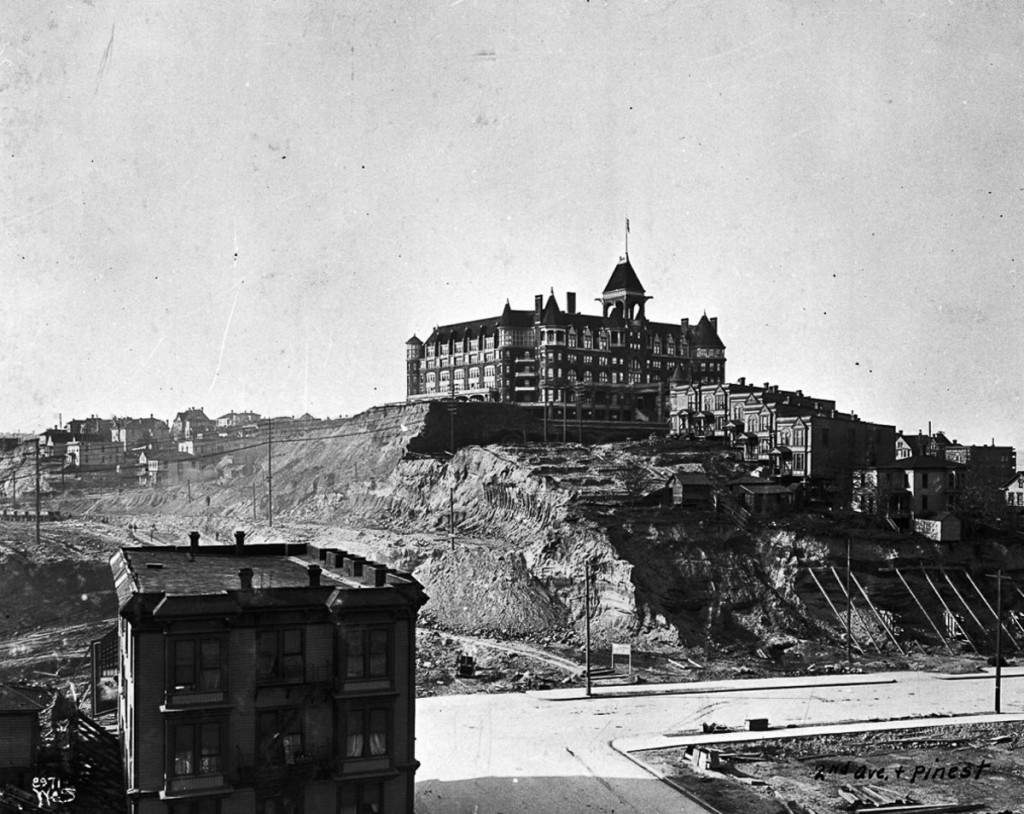

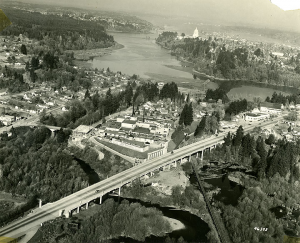
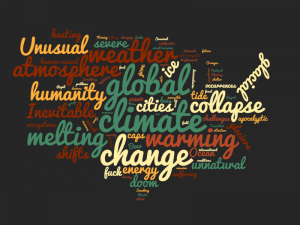

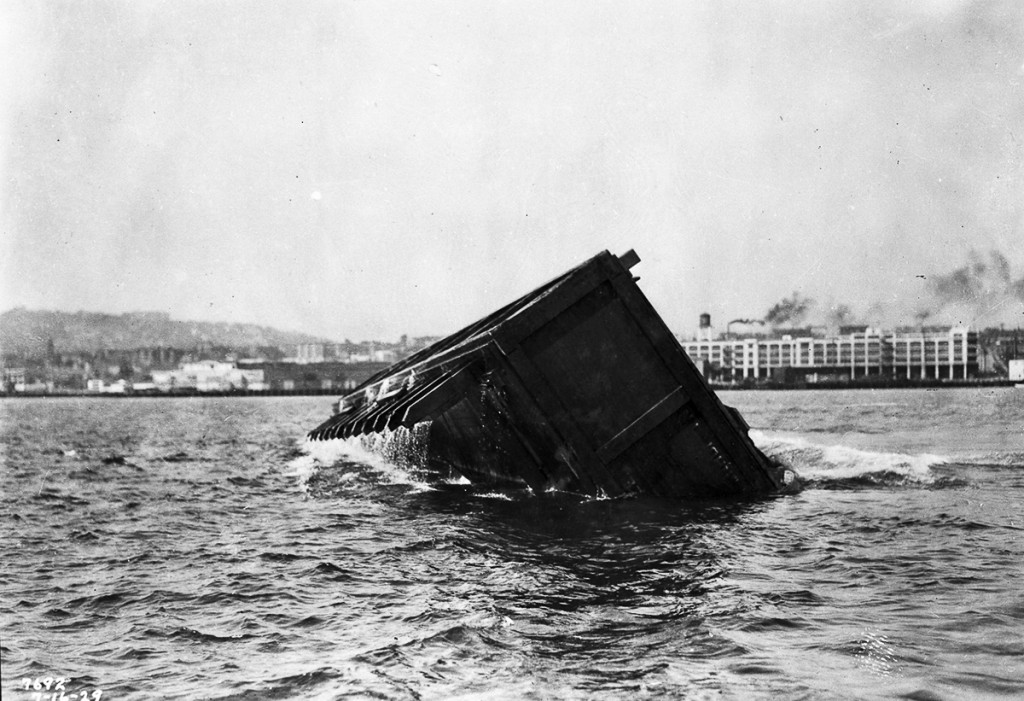
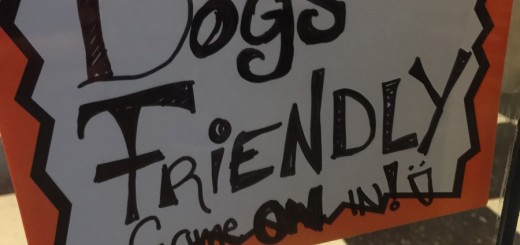
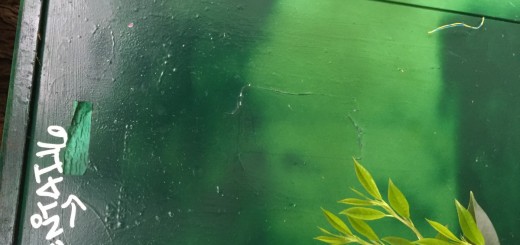
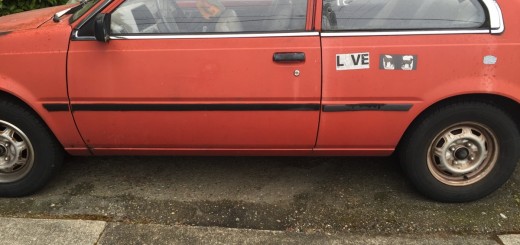
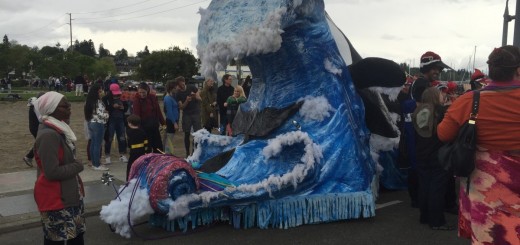
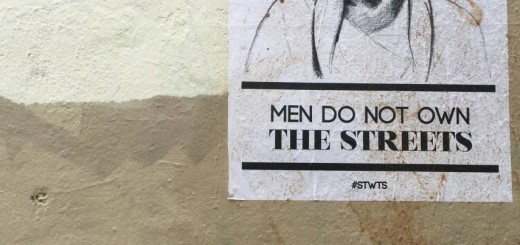
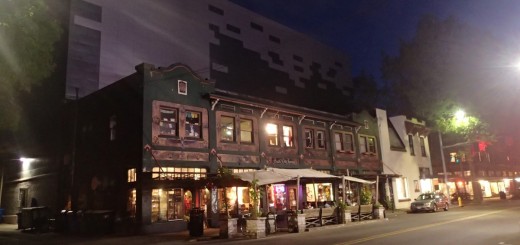
1 Response
[…] IX: Struggle […]